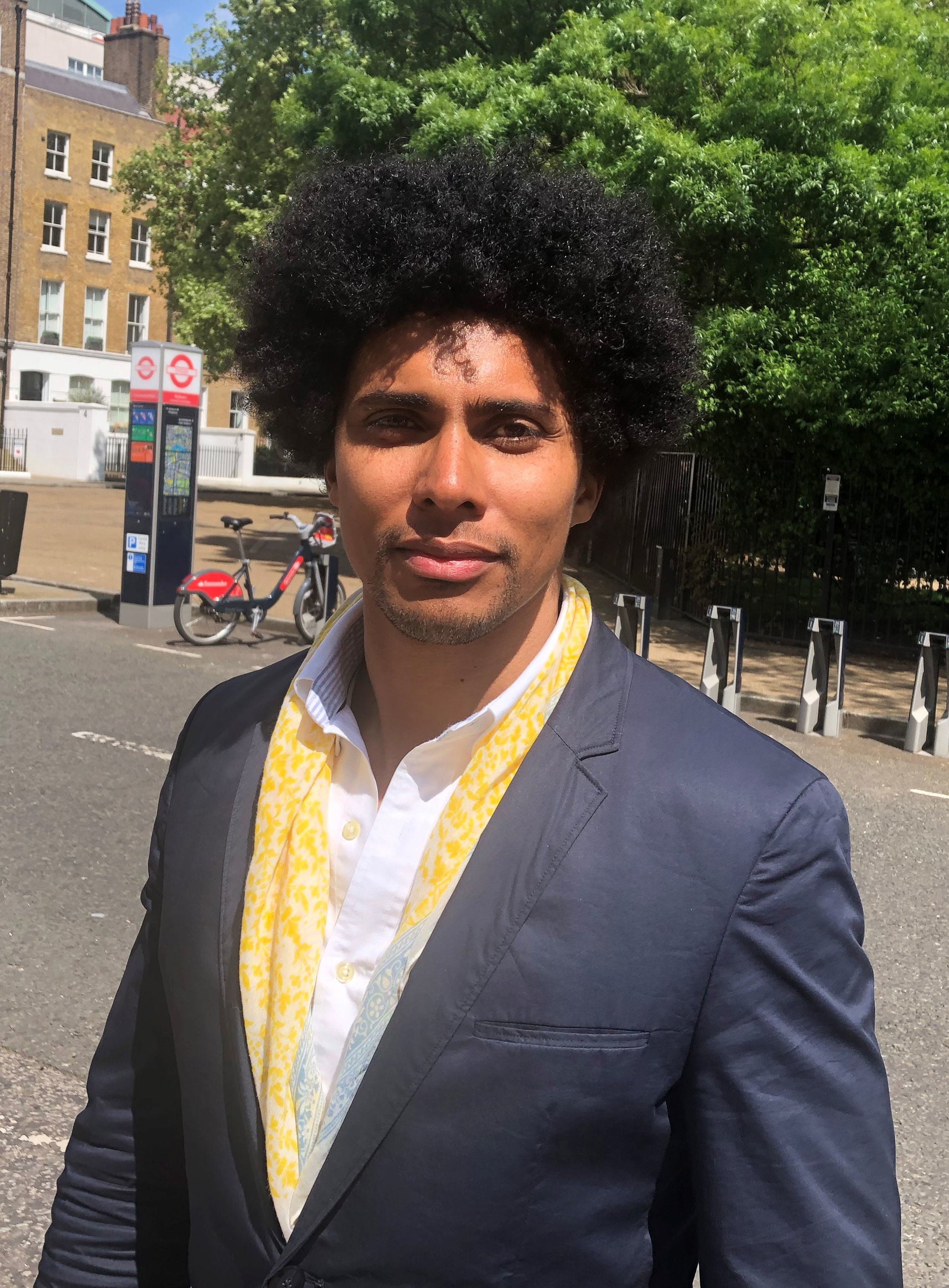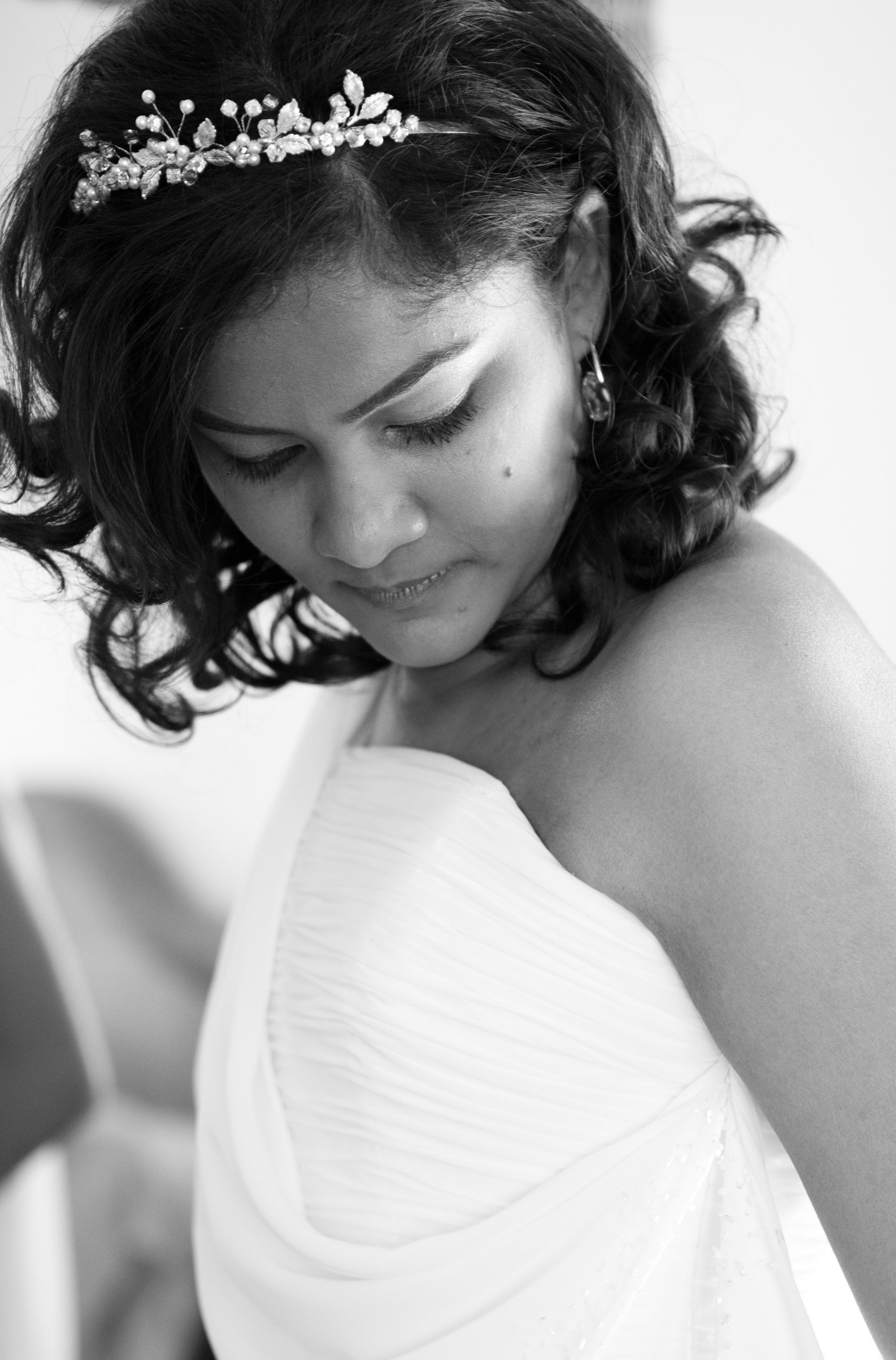Widower wins right to use embryo of late wife to have baby using surrogate
North London couple had undergone multiple IVF treatments before tragedy struck

A widower has won a landmark ruling to use the last embryo created with his late wife during fertility treatment to have a baby using a surrogate.
Fern-Maria Choya died at the age of 40 after her womb ruptured while carrying twin girls, 18 weeks into the pregnancy.
The expecting mother had undergone multiple IVF cycles since 2013 with her husband, Ted Jennings, 38.
Mr Jennings has since fought to use their last remaining embryo – stored safely in a private fertility clinic in London – with a surrogate.

The investment manager from north London ran into an obstacle when his petition was blocked by the Human Fertilisation and Embryology Authority (Hefa) who opposed it because Ms Choya had not given written consent for posthumous use of the embryo.
But in a High Court ruling on Wednesday, Mrs Justice Theis said she was “satisfied” that Ms Choya did consent to use of the embryo in the event of her death.
The judge also concluded that Ms Choya had not been given sufficient opportunity to give the consent in writing because a form completed during the IVF process was “far from clear” in its prompts about what a woman should do to provide consent to posthumous use of an embryo by her partner.
She said the Hefa “may want to consider” whether the form should be reviewed in light of her judgment.
She said: “Turning to the issue of Ms Choya’s consent, I am satisfied that, in the circumstances of this case, the court can infer from all the available evidence that Ms Choya would have consented to Mr Jennings being able to use their partner-created embryo in treatment with a surrogate in the event of her death.
“This is being considered in the context where, in my judgment, she had not been given relevant information and/or a sufficient opportunity to discuss it with the clinic.”
The couple, originally from Trinidad, underwent four cycles of IVF treatment between 2013 and 2018 and remortgaged their house in order to afford private treatment.
They also conceived naturally in 2015 and 2016 but suffered miscarriages both times due to ectopic pregnancies.
In a witness statement before the judge, Mr Jennings said he did not recall either he or his wife having any “negative emotions towards parenthood in the event of using a surrogate, donated embryos or adopting a child”.
He added: “Our emotional journey was going from the helplessness of the infertility compounded by the feeling of unjustness given all the other medical issues already faced.
“We eventually got to the position of accepting that having given IVF our best shot, this would be the last time and the final embryo would be saved for surrogacy.”
He also said that Ms Choya was “adamant” that the girls should be saved if, in a medical emergency, it came down to a choice between her life and theirs.
The judge also considered evidence from Ms Choya’s family, who she described as speaking “with one voice” about what she would have wanted.






Join our commenting forum
Join thought-provoking conversations, follow other Independent readers and see their replies
Comments